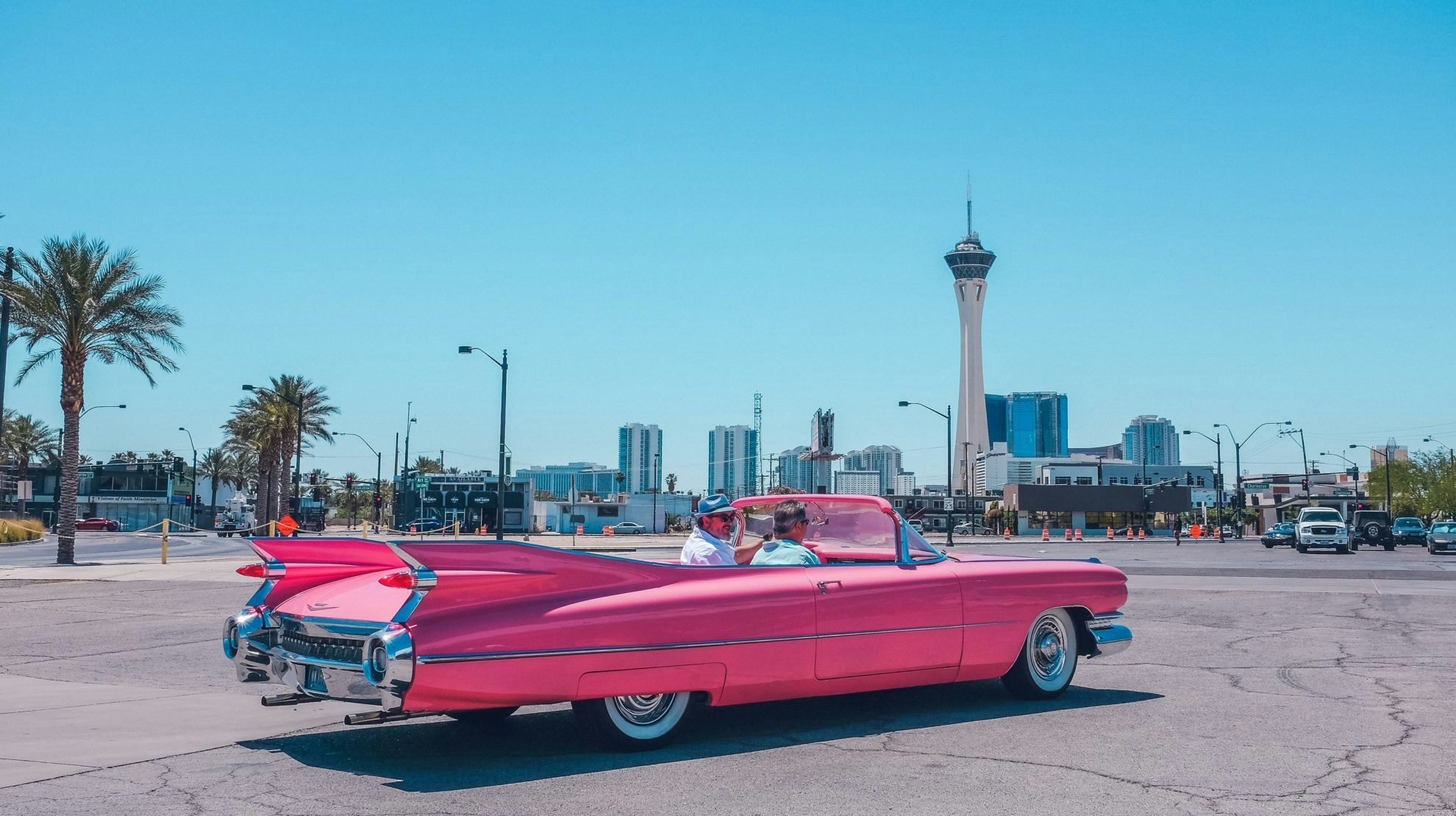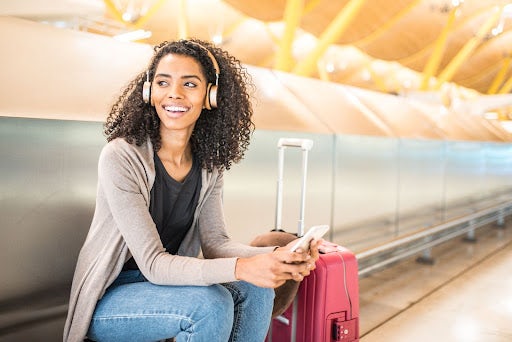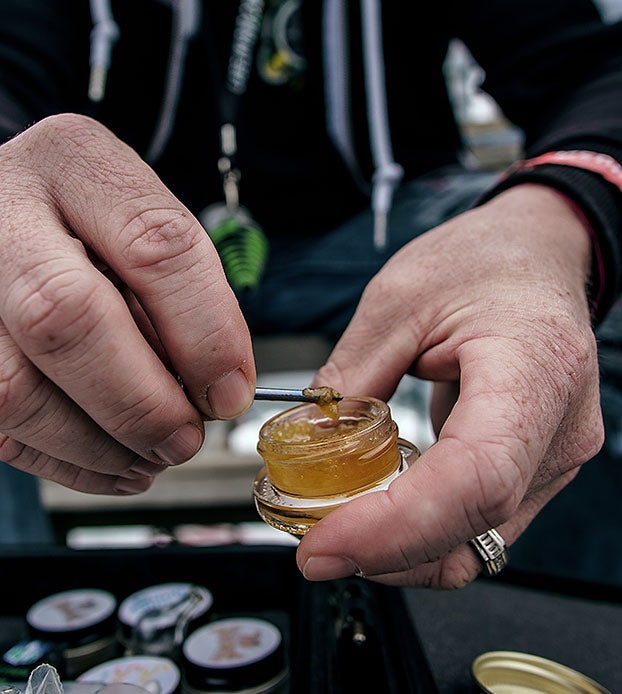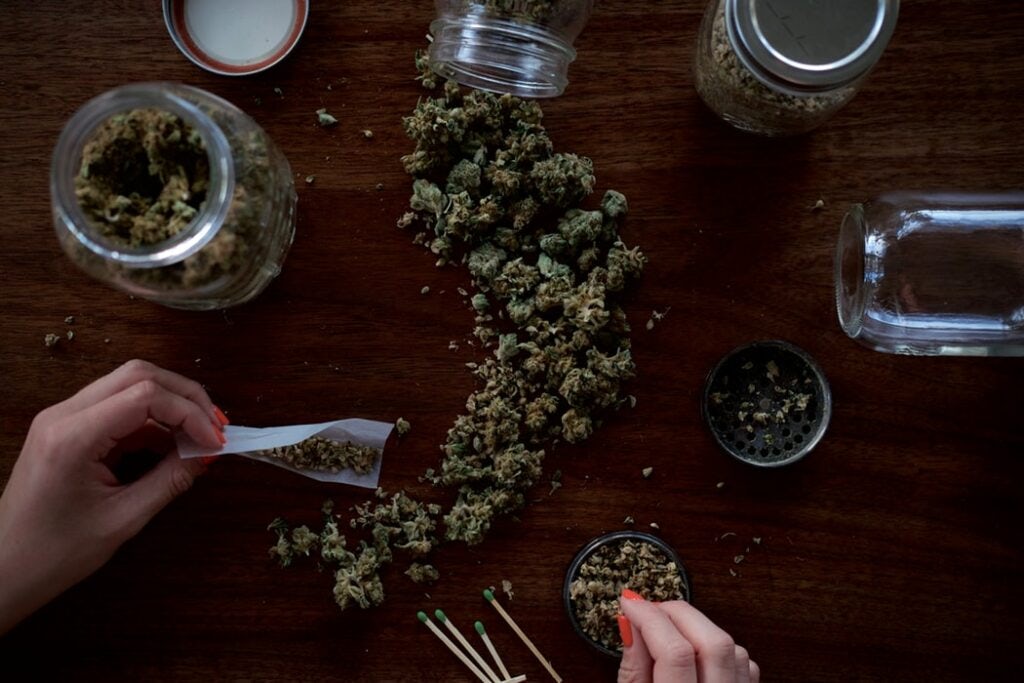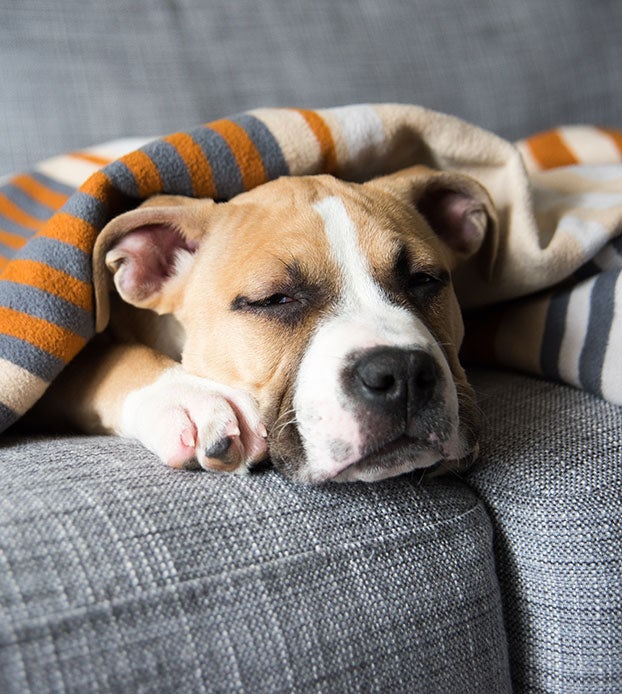Eleven states in the US have legalized recreational cannabis, and 33 states have medical marijuana programs. But considering cannabis remains illegal under US federal law, there is still plenty of confusion about traveling from one legalized state to another with cannabis, be it driving, flying, or any other way.
Transportation Security Administration (TSA) officers, responsible for checking passengers at American airports, aren’t directly looking for marijuana or other drugs. But they may report any found while searching for weapons, explosives, and other security threats.
The result of having cannabis found by the TSA, is likely being turned over to airport or local law enforcement officers. Those officers, however, are tasked with enforcing local, state laws. Airport police in several California cities have stated that when the TSA calls them over because marijuana was found on passengers, they would only prosecute if the amount exceeds the limits prescribed by state law.
Traveling between recreational states
Los Angeles’ LAX airport warns that officers have no jurisdiction to arrest people with a legal amount of cannabis, but they can still find themselves in trouble with federal law, the jurisdiction which governs parts of the airport.
Meanwhile, medical cannabis card holders can fly out of Portland, Oregon. As of 2018, you couldn’t do the same out of Denver, Colorado, but it also appears that TSA isn’t looking for it either.
In Las Vegas, instead of turning a blind eye or punishing travellers, airport authorities installed amnesty boxes. If a person is caught with cannabis, they are directed by police to dispose of the plant as they would a liquid that is too large for travel.
Despite the new approaches to cannabis, US travelers need to understand that cannabis remains federally illegal. Like LAX mentioned, parts of airports fall under federal jurisdiction.
Traveling with CBD products
The issue can become a bit more confusing with CBD, despite its somewhat legal status on the federal level. Currently, airport security doesn’t have the means to determine if CBD is derived from hemp or marijuana, the former being legal nation-wide. To avoid any resulting confusion and legal trouble, travelers who need CBD may want to leave the oil, and especially flower, at home. Edibles or isolates may draw less attention.
Take a similar approach to paraphernalia as well. While traveling with bowls and pipes is legal in the US, it is advised that you use discretion. Make sure your pipes and other devices are free of any visible cannabis, residue, and smells. Any lingering cannabis aromas can set security off, leading to possible delays, detention, or worse.
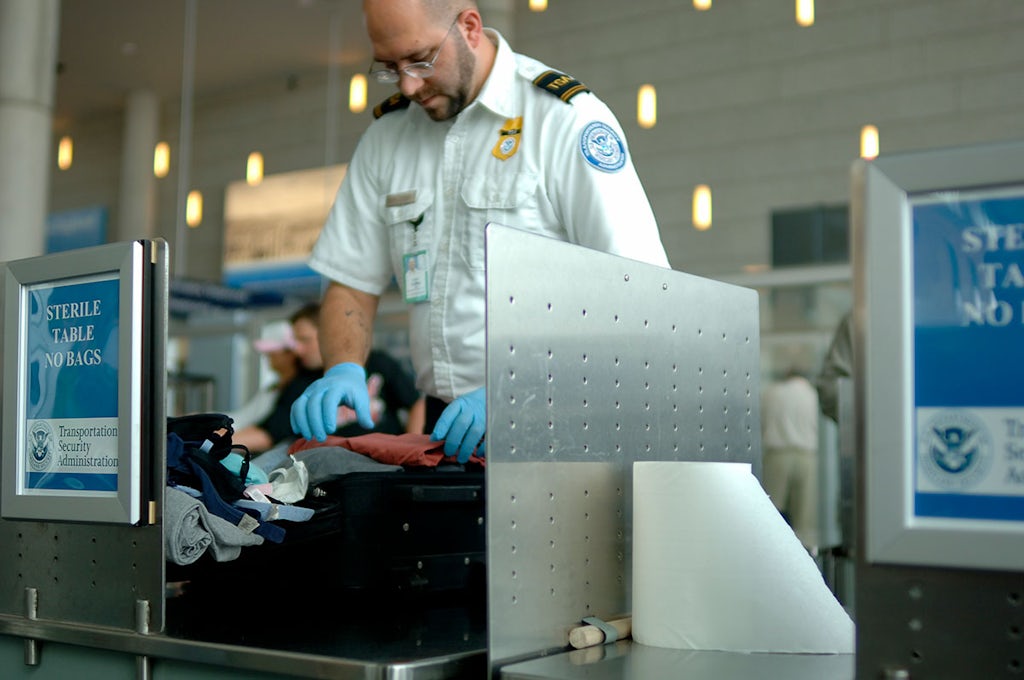
Traveling internationally with cannabis
While the default answer is that travelling with cannabis is illegal and risky, That isn’t actually the hard and fast rule everywhere. It is best to assume that you can’t travel with cannabis, but if you understand the process with certain countries, you might be able to fly with your supply.
Be sure you understand the rules and regulations of both your arriving and departing countries. Understanding the rules of both lands and their airports is crucial. For example, the American. TSA will refer you to local authorities and/or confiscate your cannabis, but if you’re landing in the United States, you can be searched and arrested by federal customs officers. Other countries, cannabis-friendly countries in the EU like the Netherlands, may be less of an issue.
The topic is a popular subject on the internet. In a 2018 Quora thread, one medical cannabis patient reported difficulty flying from Amsterdam to Barcelona, two well-known cannabis destinations in the EU. He said that despite having a prescription for five grams, security did press him on the amount he had. After some discussion, airport screeners returned the medical cannabis to him.
However, most in the thread said the same: don’t do it. While the allure of having cannabis — medical or recreational — in a foreign country might be tempting, so is not being arrested. It’s best to avoid the risk altogether when travelling by air, road and rail internationally by leaving your supply at home.
Traveling with medical cannabis in the US
Medical cannabis card holders may be able to travel with cannabis in their own states, but not when traveling outside of them. Crossing state lines puts you under multiple legal jurisdictions and sets of laws. As such, medical cannabis card holders are recommended not to bring their medicine on trips.
While legally allowed to possess and use their medicine at home, patients are left with little options when leaving for pleasure or work. The situation has led some to alter their travel plans to only visit legalized markets so they can obtain their medicine once they land.
Some states allow for reciprocity, where an out-of-state medical cannabis license-holder can legally acquire cannabis in a participating state. The rules are fragmented and do not apply uniformly. As such, travellers should check on the rules in both states while planning their trip. If you plan on travelling outside the country, it’s probably best to leave your THC and CBD at home unless you are willing to take a potentially significant risk.
Safe travels
Bringing medical marijuana with you on your travels might be tempting, and the same could be true for recreational cannabis. But in most parts of the world it carries great risk.
We don’t advocate for anyone to do so. But if you are considering doing so anyway, it’s best to understand the laws and consequences they carry.
Sign up for bi-weekly updates, packed full of cannabis education, recipes, and tips. Your inbox will love it.

 Shop
Shop Support
Support

